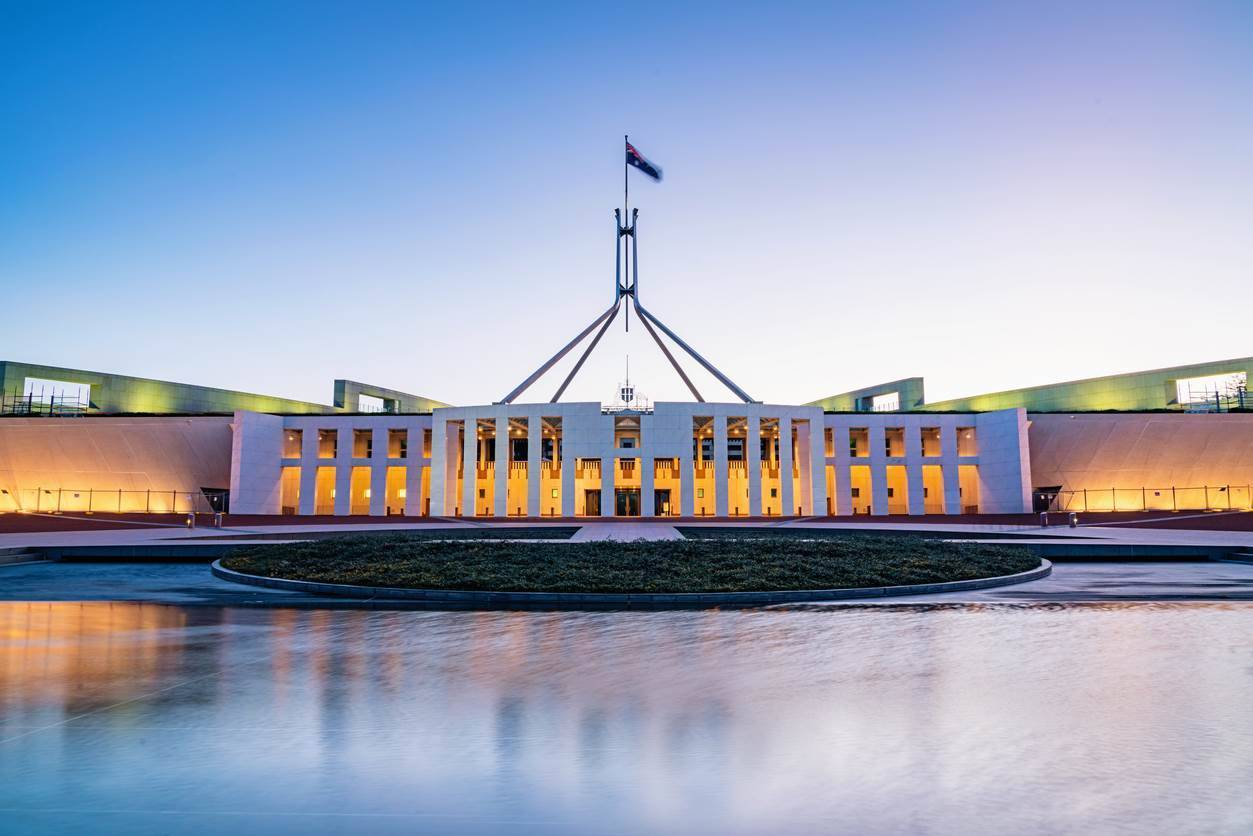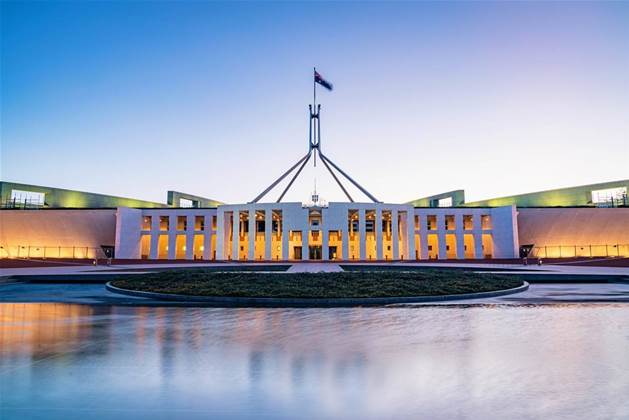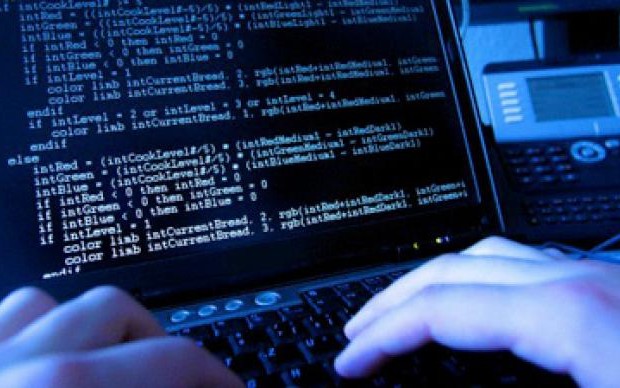
The government plans to draft anti-doxxing laws after the leak of a group chat for coordinating deplatforming campaigns against critics of Israel exposed 600 people’s details.

Doxxing, according to the eSafety Commissioner — “is the intentional online exposure of an individual’s identity, private information or personal details without their consent.”
Prime Minister Anthony Albanese told 2GB radio that the proposed laws would be folded into reforms of the Privacy Act set for later this year; the review of the Act neither considered nor recommended laws against harassing people by publishing their sensitive information.
“I’ve asked the Attorney-General to bring forward legislation in response to the Privacy Act review, including laws that deal with so-called doxxing,” Albanese said last night when asked about the leak.
Attorney General Mark Dreyfus said in an interview that the proposed laws would prevent further “targeting of members of the Australian Jewish community through doxxing”; making no comments on pro-Israel groups’ use of the same techniques against pro-Palestine activists and anti-Zionists Jews.
Dreyfus was also unable to answer whether Nine newspapers – the recipient of the leaked information – would have contravened the proposed anti-doxxing laws.
Dreyfus suggested the reforms may penalise the hosts of the information instead of the individuals who leak it, which coincides with plans to pressure platforms to reduce hate speech targeting communities through reforming The Online Safety Act 2021.
“We’ve already got some provisions through the eSafety Commissioner that enable online platforms to be required to take down [doxxing],” Dreyfus said.
“We’ve seen the eSafety Commissioner not only sending takedown notices but imposing penalties; that’s one of the measures that we’re certainly going to be looking at in relation to this practice of doxxing.”
The form of doxxing in question may already be illegal under section 474.17 of the Commonwealth Criminal Code: “using a carriage service to menace, harass or cause offence”.
If the anti-doxxing laws are introduced as part of the reforms to the Privacy Act it will likely include exemptions for public interest journalism, which the government agreed to in its response to the review’s recommendations.
“The government agrees that the exemption for media organisations ‘in the course of journalism’ should continue, with strengthened self-regulation requirements for media organisations not subject to privacy standards overseen by a recognised oversight body (ACMA, APC or IMC) (proposal 9.1) [pdf],” the Attorney General’s Department said last year.
Highlighting the complexity of the issue, it added “further consideration will need to be given to how best to support smaller news media organisations engaging in public interest journalism.”
This is because non-legacy outlets, like Wikileaks or Distributed Denial of Secrets (DDoS), have produced some of the most impactful public interest journalism even though their modus operandi could fall under the proposed definition of doxxing.
Wikileaks’ 2009 publications of eleven neo-Nazi groups’ membership lists led to an Australian Blood and Honour forum administrator losing their job with Thales, which was contracted by the Department of Defence.
Julian Assange’s publication of British National Party members also exposed to the UK Police that its employees had violated the Force’s policy against officers joining the anti-immigrant party.
After DDoS published emails Enlace Hacktivista stole from Manus Island police, Guardian Australia analysed them and exposed human rights abuses against refugees.








